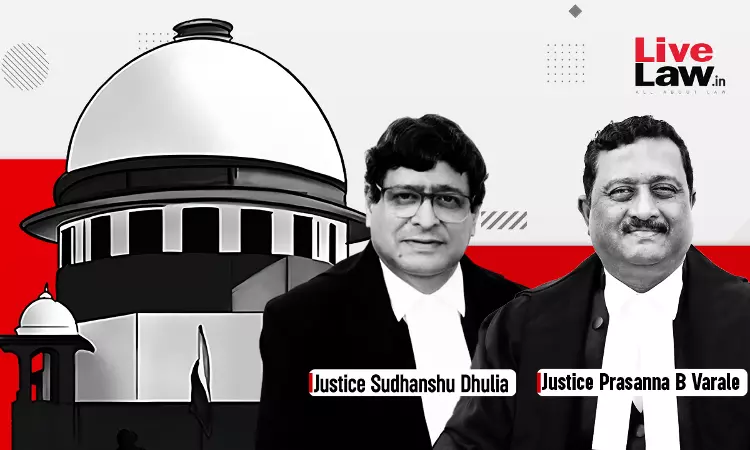Mere Withdrawal From Marriage Won't Amount To Offence Of Cheating Under Section 417 IPC : Supreme Court
Yash Mittal
23 Feb 2024 7:32 PM IST

Next Story
23 Feb 2024 7:32 PM IST
The Supreme Court held that mere non-performance of marriage by the accused at the booked marriage hall doesn't amount to committing an offence of cheating punishable under Section 417 IPC.“We do not see how an offence even under Section 417 of IPC is made out against the present appellant. There can be multiple reasons for initiating a marriage proposal and then the proposal not reaching...
